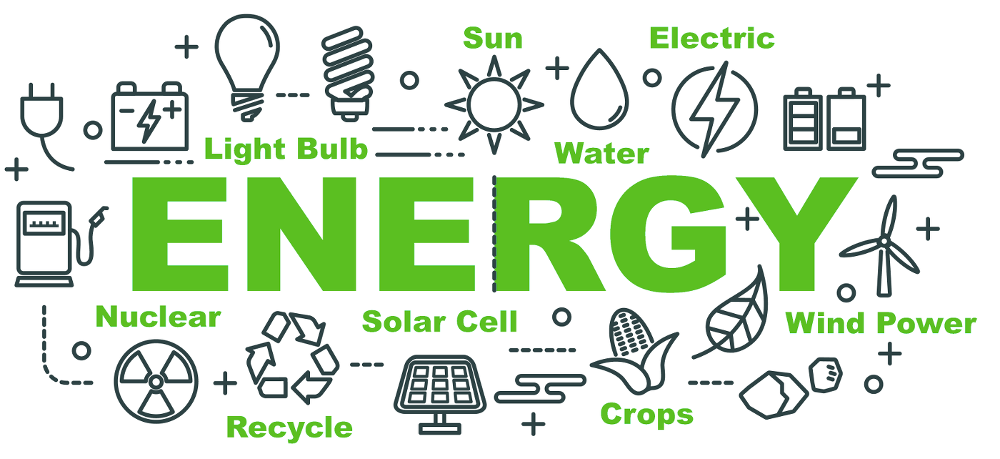History
In january 2011, a number of ex-employees of the Energy Research Centre of the Netherlands (ECN) register themselves with the Chamber of Commerce under the name of EnergyGO. The description of activities given are: "To consult, research, monitor, train, develop and utilize services and products and invest in and manage renewable energy production facilities." The foundation of EnergyGO was a result of months of brainstorming about the founders future, after ECN announced consolidating its research programs around compact heat storage, (nearly) zero energy buildings and smart grid technologies.


At first, work consisted of software development in projects like Web2Energy and PowerMatching City II. Furthermore product benchmark for a new types of sustainable energy technologies, such as a plastic PVT solar panel (a panel that provides both heat and electricity), and a small innovative Darius wind turbine. We also researched and consulted around energy saving in data centers and the re-use of industrial waste heat.
In May 2012, we won a procurement of the municipality of Zaanstad to build the smart grid 'ReloadIT'. An advanced piece of software that allowed the electric vehicles of the municipality being charged with electric energy produced by solar panels on municipal buildings. The software creates a forecast of future solar energy production while the build-in car reservation system is used to estimate future electricity demand. This is followed by a game of matching supply and demand of electricity, finding optimal utilization of clean energy. In 2012, few systems were able to combine forecasting, real-time monitoring and control and historic analysis of energy systems.
In the same year, Platform31 became customer. We were asked for project management of a number of trajectories in the EnergiesSprong program, that eventually resulted in the Stroomversnelling initative.


Throughout the years, many energy audits and consults were made and assessed for data centres, retail, fortresses, privately owned houses, social housing corporations and home owner associations. About 150 energy audits, which were submitted as required by European directives, were assessed in commission of local regional governments. We also performed feasibility studies for customers that helped them making sustainable choices. For example, making investment and operational costs visible for concepts that make use of natural gas, heat/cold or all-electric. New houses, renovation concepts, utility buildings and data centres have been frequently studied. In 2017, we have developed a monitoring tool to easily gain insight in the impact of energy savings in a municipality, which is successfully being used by the Energieloket in the province of Gelderland.
We work on a exploratory study towards cold heating grids. This project is the result of our joint study in the district of Buikesloterham, Amsterdam. Both projects match the current national ambition for a natural-gas-free districts.
Furthermore, we have developed calculation tools, training courses and processes to help people with making buildings, districts and organisations more sustainable.
We still approach the challenge for integral solutions for a flexible and self-sustaining energy system with the same drive and enjoyement. Of course together with the people and companies concerned.!
